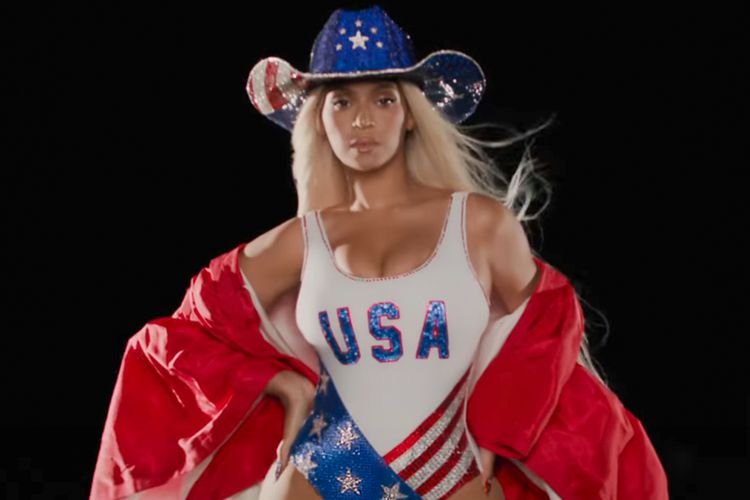As former President Donald Trump inched closer to clinching a second term, China said it would continue to seek "win-win" cooperation with the next administration.
World leaders have been making congratulatory calls to Trump, who as of time of writing had secured 277 electoral votes compared with Vice President Kamala Harris' 224. A total of 270 were needed to win.
"China has always been consistent in its policy toward the U.S. and will continue to view and handle China-U.S. relations in accordance with the principles of mutual respect, peaceful coexistence and win-win cooperation," Chinese foreign ministry spokesperson Mao Ning told reporters on Wednesday.
Mao declined to "answer hypotheticals" when asked how China would respond if Trump went forward with his pledge to further increase trade duties on Chinese products.

Trump has said he would introduce a 60 percent tariff on all Chinese imports if elected.
"The U.S. presidential election is an internal affair of the United States, and we respect the choice of the American people," she said.
Newsweek reached out to the Trump campaign and the Chinese Foreign Ministry with written requests for comment.
The ongoing trade war between the world's first and second-largest economies began in 2018 when the Trump administration launched a broadside of tariffs, citing alleged longstanding unfair trade policies and intellectual property theft.
The Biden administration earlier this year opted to maintain Trump-era tariffs on some $300 billion worth of Chinese goods and hiked duties to 100 percent on a range of products China is a major producer of, including electric vehicles and solar panels.
"Trump is likely to follow through on his pledge to impose more tariffs on China," Bonnie Glaser, managing director of the Indo-Pacific Program at the German Marshall Fund of the United States, told Newsweek. "It remains to be seen whether they will be part of a broader coherent strategy aimed at winning the strategic competition with China."
Trump has threatened to further ramp up tariffs if the country moves against Taiwan. China claims sovereignty over the self-ruled democracy, though the Chinese Communist Party government in Beijing has never ruled there.
"I would say: If you go into Taiwan, I'm sorry to do this, I'm going to tax you, at 150% to 200%," the president-elect was quoted as saying in an interview with the Wall Street Journal.
Trump said he would not need to resort to military force because Chinese President Xi Jinping "respects me and knows I'm f****** crazy."
Though the U.S. switched diplomatic recognition from Taipei to Beijing in 1979, Washington has since been the island's main source of arms. U.S. administrations have also maintained a decades-long policy of "strategic ambiguity," leaving China guessing whether the country would come to Taiwan's defense in the event of an attack.
During the first Trump administration, China and the U.S. also clashed over the treatment of Muslim majority Uyghurs in China's far-western Xinjiang region, the crackdown on democracy in Hong Kong and espionage campaigns.




















 English (US) ·
English (US) ·